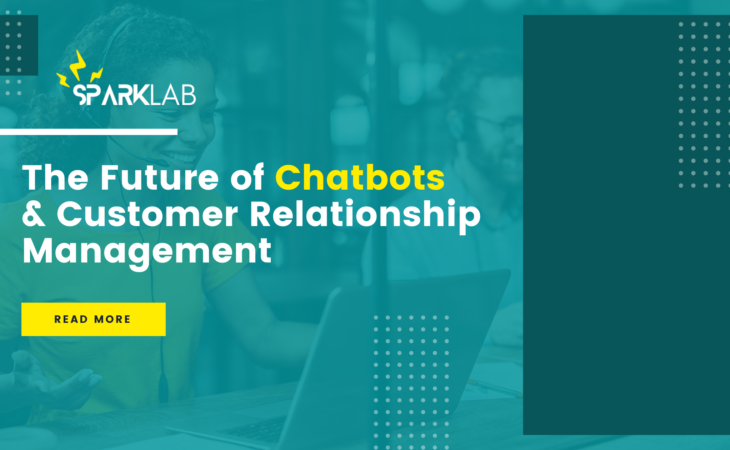
In the early days of the internet, the only way for businesses to communicate with customers was through email or telephone. This worked well enough, but it was often difficult to keep track of conversations, and customers could easily get lost in the shuffle. In addition, customers had to wait for a response from a human being, which could take hours or even days.
With the advent of chatbots, businesses are now able to communicate with their customers in real time. This has revolutionized the customer service industry, as it is now possible to provide instantaneous support and resolve issues much faster.
In the past decade, we have seen significant advancements in artificial intelligence (AI) and natural language processing (NLP). With these technologies, businesses have been able to automate tasks, understand customer sentiment, and even predict outcomes. As we move into the next decade, we are beginning to see how AI and NLP will transform businesses even further.
In 2018, chatbots were used by businesses to provide customer support, answer questions, and even close sales. In 2019, we saw chatbots become more sophisticated with the introduction of AI-powered chatbots. These chatbots are able to understand human emotions and provide more accurate responses.
In 2020, we saw a shift in how businesses are using chatbots. With the onset of the COVID-19 pandemic, businesses have had to find new ways to interact with their customers. Chatbots have become a valuable tool for businesses to keep in touch with their customers and provide them with information and support.
By the end of 2022, we all witnessed the glorious rise of OpenAI’s ChatGPT and how it enabled so many businesses to leverage AI for their business processes. It may be odd to say that you don’t already know about ChatGPT, but for those who actually don’t know; ChatGPT is a chatbot platform that enables businesses to create and deploy chatbots on their website or mobile app. ChatGPT bots are powered by artificial intelligence and are able to understand and respond to customer queries in natural language.
In the past, chatbots have been used primarily for customer support. However, ChatGPT is changing this by enabling businesses to use chatbots for a variety of purposes, such as lead generation, sales, and marketing.
We believe that in the next five years, AI and chatbots will transform businesses even further. Here are three ways we think AI and chatbots will change businesses by 2023:
One of the most valuable things AI and chatbots can do for businesses is to help them understand customer sentiment. With the ability to analyze customer interactions, businesses can get a real-time understanding of how their customers feel. This information can be used to improve the customer experience, product offering, and even marketing strategy.
Another way AI and chatbots will change businesses is by automating tasks. As chatbots become more sophisticated, they will be able to handle more tasks for businesses. This will free up employees to focus on more important tasks and will help businesses save money on labor costs.
Finally, businesses will use chatbots to predict outcomes. With the ability to analyze data, chatbots will be able to provide businesses with insights into what might happen in the future. This information can be used to make better business decisions and avoid potential risks.
Overall, we believe that AI and chatbots will have a transformational impact on businesses in the next five years. By understanding customer sentiment, automating tasks, and predicting outcomes, businesses will be able to improve their operations and better serve their customers.